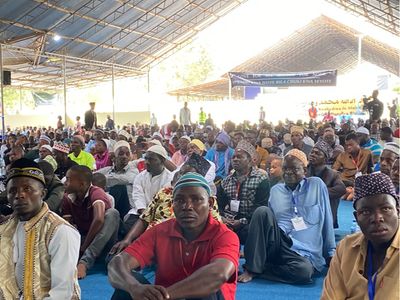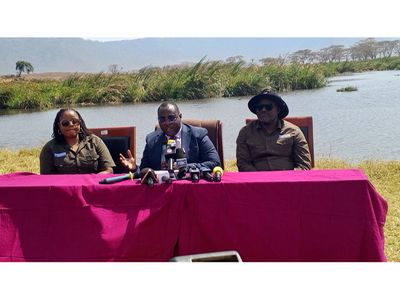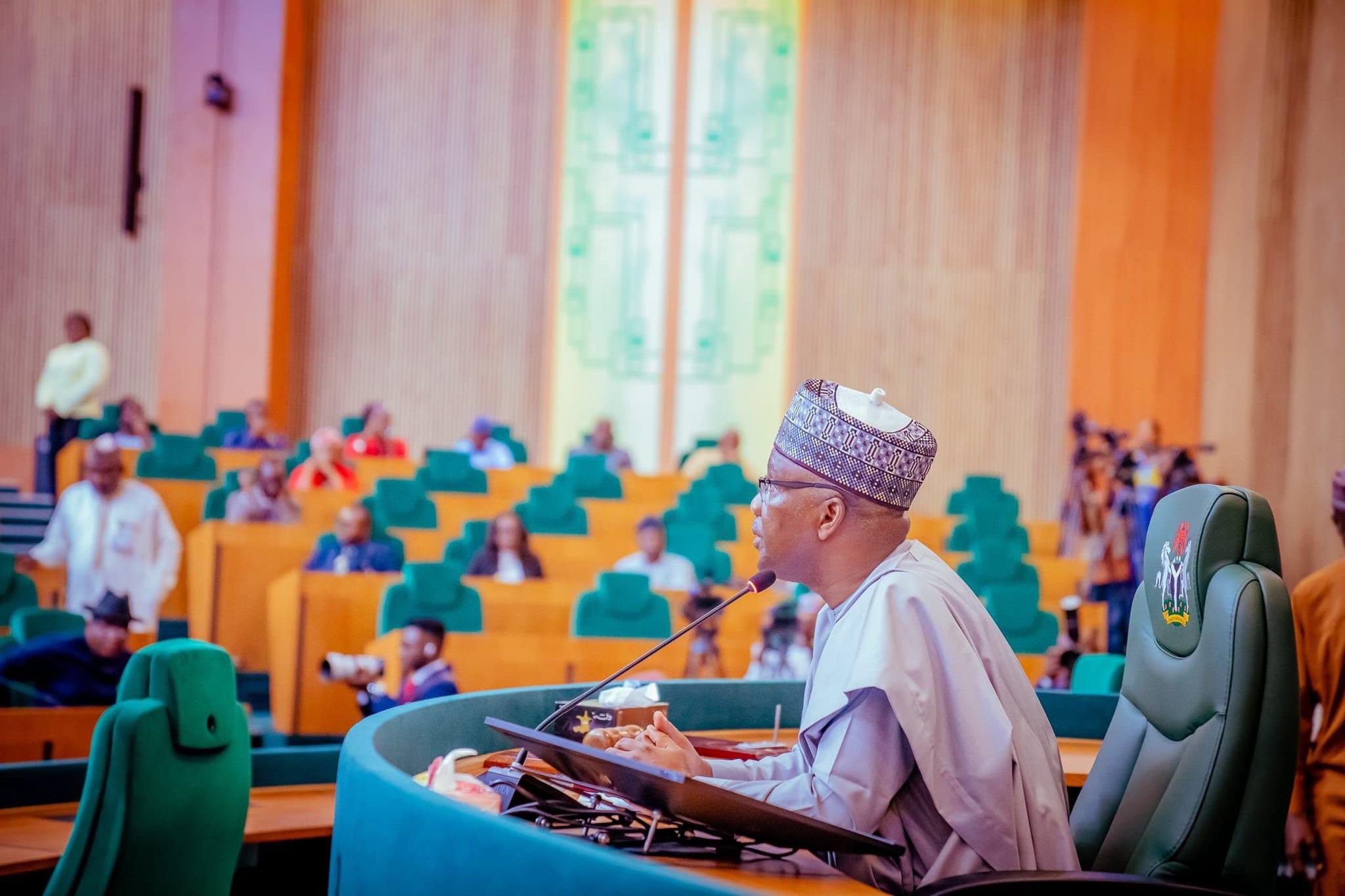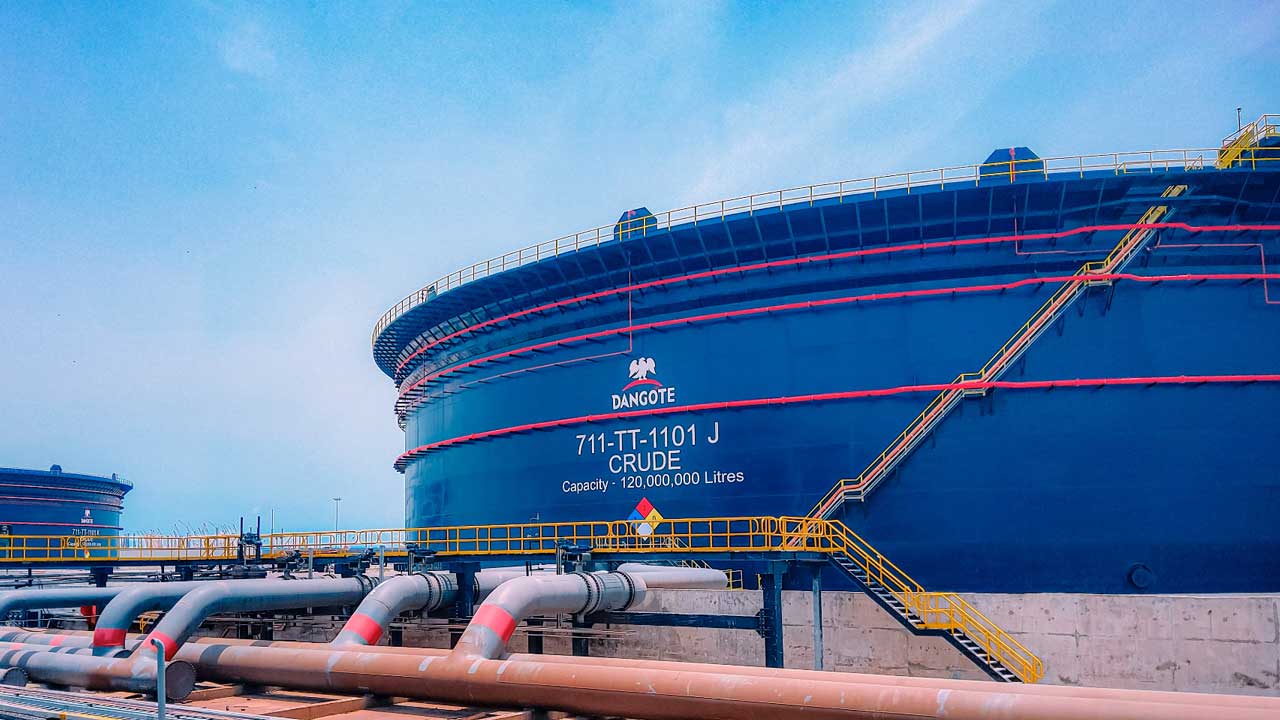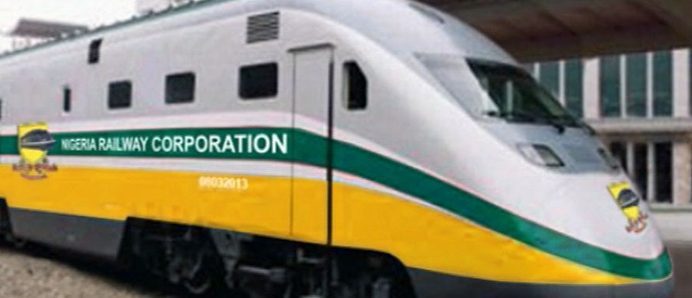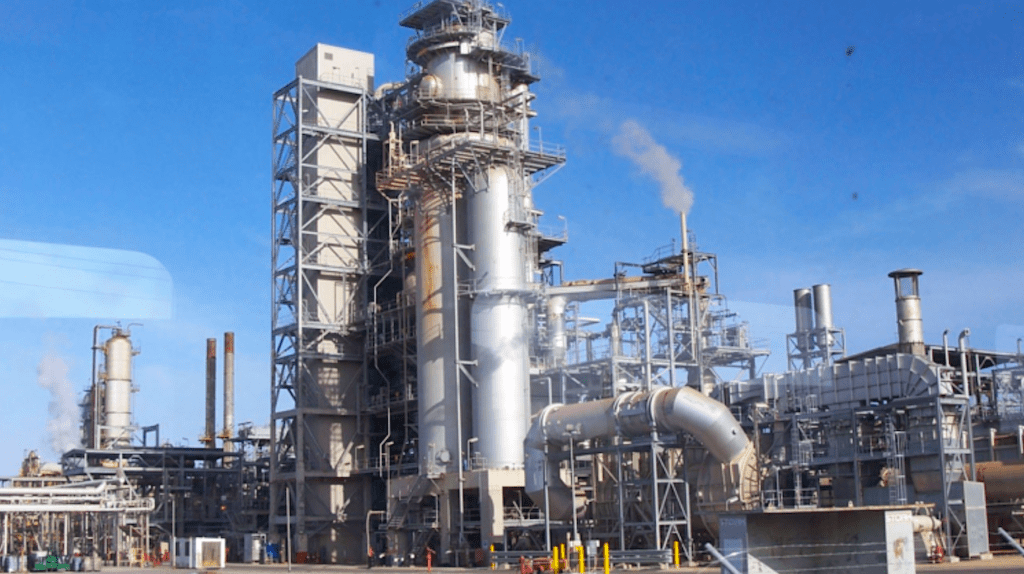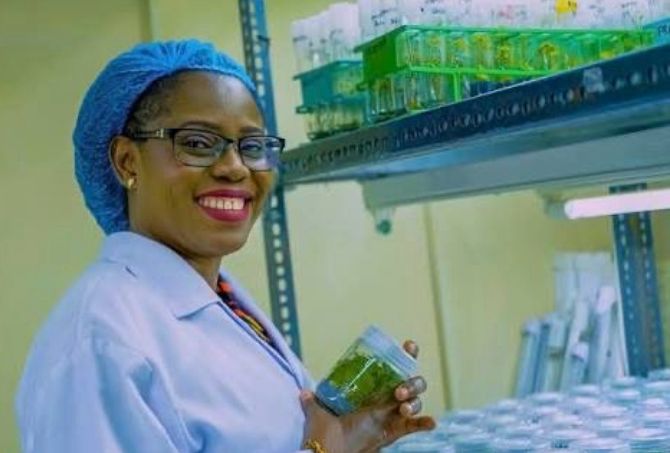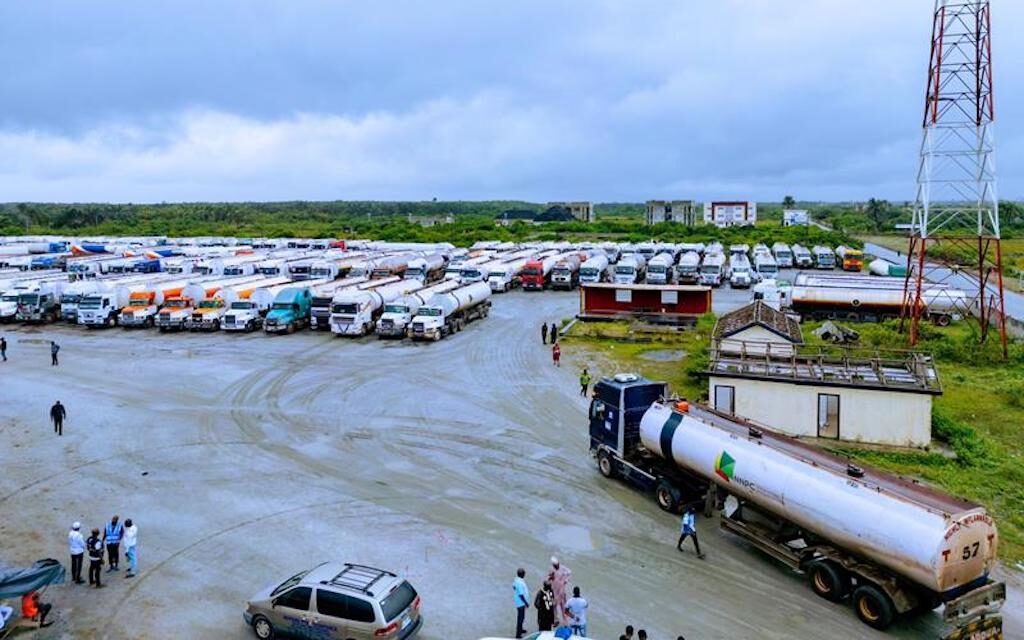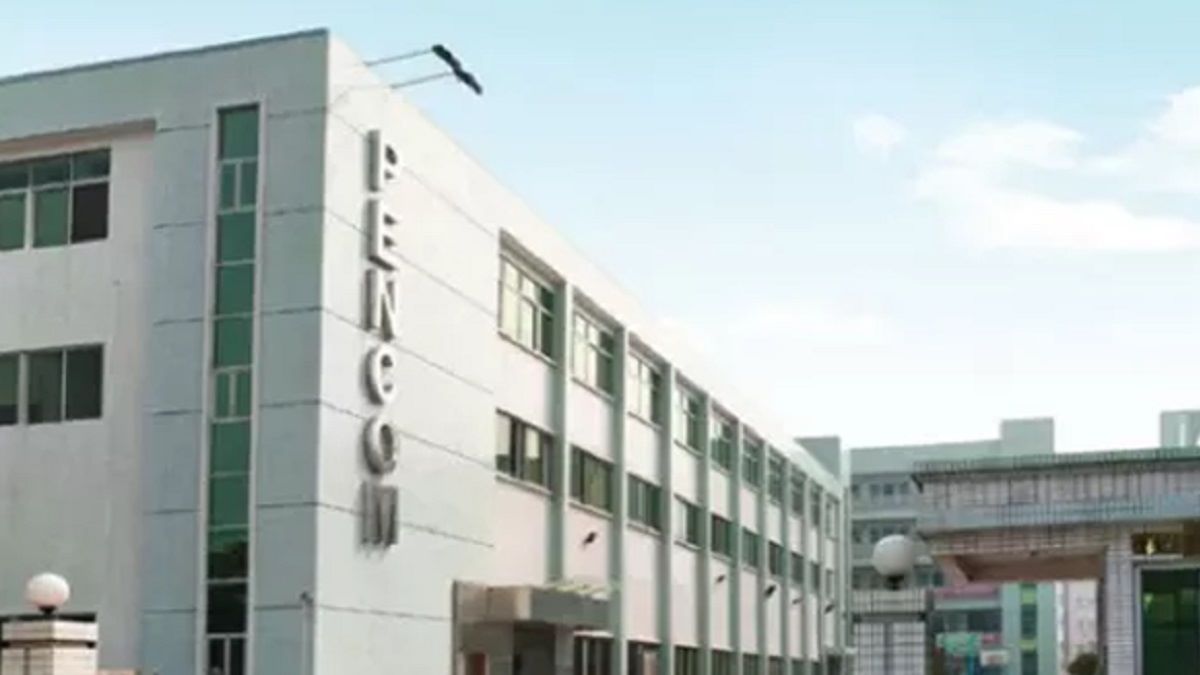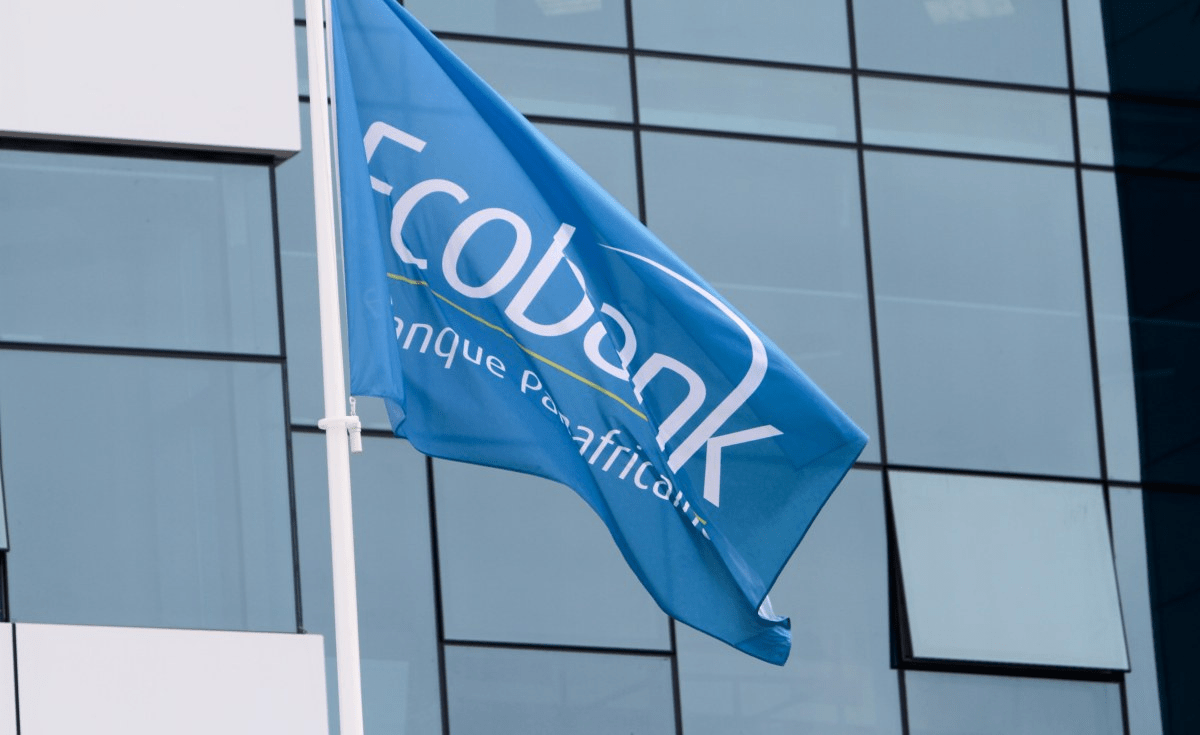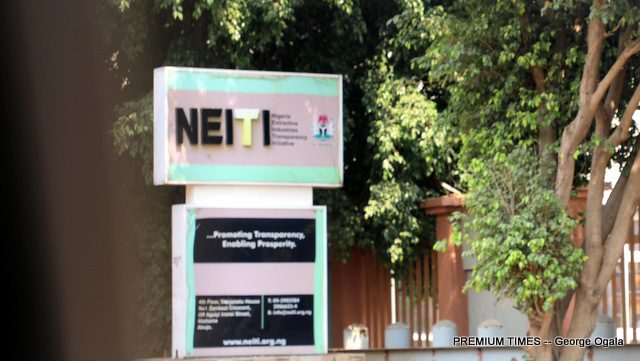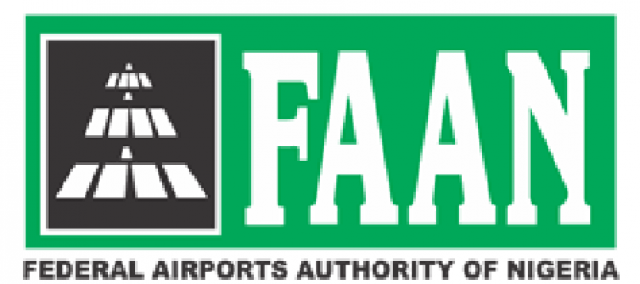The Director General of the International Solar Alliance (ISA), Ashish Khanna, has said solar energy offers Africa not only a path to cleaner power but also a means to ensure equity.
Speaking at a press briefing during the Seventh Africa Regional Committee Meeting of ISA in Accra, Mr Khanna said distributed renewable energy is transforming the way communities access electricity.
“Distributed renewable energy allows each household to have a solar rooftop and a battery, communities to have their own mini-grid solutions rather than depending solely on central utilities. By its very nature, this ensures equity,” he said.
He stated that technology costs had fallen sharply, making solar the most affordable option.
“There has been almost a 70% reduction in the cost of solar, making these options the cheapest way of supplying energy,” Mr Khanna said.
On financing, he explained that ISA had introduced a USD 200 million Africa Solar Facility to support distributed renewable energy projects.
“Private sector players who want to scale up distributed renewable energy across Africa will get blended finance and other risk mitigation support from ISA,” he stated.
He stressed that the funding was not only for startups, adding: “Anyone who has a distributed renewable energy project with an idea for scale-up can access that financing through Africa50, which is also owned by 24 governments.”
Mr Khanna also underlined the importance of capacity building. “The only way to get out of energy poverty is to build your own capacity to find your own solutions. This is the lesson from India,” he said. ISA, he explained, is working with governments to designate local universities as Centres of Excellence.
“We are aligning with universities chosen by governments, making them centres of excellence for building capability, including startups,” he added.
He highlighted ISA’s SolarX competition as part of this effort. “We had a competition called SolarX, where 20 African startups are now working with 10 startups from India and 20 from Asia-Pacific to see how they can grow their ideas into large companies,” Mr Khanna said.
“We are actually meeting in Mauritius, under Business Mauritius, for all 50 startups to develop their ideas further.”
On regional integration, he said ISA was engaging with countries on connecting to the West African Power Pool.
“Of course, it is very important that we have a shared platform. The shared platform is now Mission 300, where donors, stakeholders and ISA are going to complement each other,” he said.
He cited discussions with The Gambia on advisory support to connect solar parks to the pool and added: “We will be discussing with other countries if they need large-scale solar plants, which make more sense when connected to the pools.”
Mr Khanna reiterated ISA’s global ambition of intercontinental solar interconnection under the “One Sun, One World, One Grid” initiative. “It sounds ambitious and unrealistic, but when you develop large solar power, you need a lot of battery storage at night. Sometimes you cannot invest in huge storage if you develop regional connections, because when it is peak daytime in India, it is not peak in the Middle East and Africa,” he said.
“So you can buy from each other at different points of time. That is the interconnection we will eventually have in Africa.”
The Seventh Africa Regional Committee Meeting in Accra brought together ministers, investors and development partners to discuss ways of accelerating solar adoption.
Ghana’s hosting of the meeting positions the country as a key partner in shaping Africa’s renewable energy future, with ISA pledging to provide financial and technical support to governments and private sector players in scaling solar technologies.
The post ISA Director General champions solar equity at Accra regional meeting appeared first on The Herald ghana.

